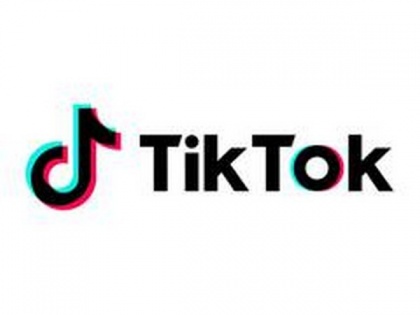Estonian IT bars its employees from downloading TikTok over data security concerns
By ANI | Published: August 22, 2020 03:34 AM2020-08-22T03:34:21+5:302020-08-22T10:36:51+5:30
The Estonian Information System Authority (RIA) has barred its employees from downloading Chinese video-sharing app TikTok on their business phones out of security considerations, RIA executive director for cybersecurity Tonu Tammer said on Friday.

Estonian IT bars its employees from downloading TikTok over data security concerns
The Estonian Information System Authority (RIA) has barred its employees from downloading Chinese video-sharing app TikTok on their business phones out of security considerations, RIA executive director for cybersecurity Tonu Tammer said on Friday.
The authority barred TikTok in June, at a time when it already was in the top three of the world's most downloaded apps, with more than 2 billion downloads collectively and over 400 million active users.
"Looking at the available data, it is clear why the US sees it as a security threat. We also see problems. Evidence pointing to it being still waters that run deep is adding up," Tammer told Estonia's ERR broadcaster.
According to the official, the authority resorting to banning the app on business phones after obtaining evidence that TikTok collects information about devices that enable it to track their GPS location and access internal data.
"The app - in its essence - is a security risk, able to compromise the device and gain access," Tammer added.
The US government has long been after TikTok, along with several other Chinese tech compes, over their alleged collusion with the Chinese government on the backdrop of a fierce US-China economic competition that got coined as "trade war."
Earlier this month, US President Donald Trump demanded that TikTok be sold to a US company or else it would be banned in the US territory beginning September 15.
The app is designed to produce and share short video clips. It is predominantly popular among young people and is represented in 75 languages in close to 160 countries. Its engine is designed in a way to show users the clips that they are most likely to enjoy based on their watch history and location. (/Sputnik)
( With inputs from ANI )
Disclaimer: This post has been auto-published from an agency feed without any modifications to the text and has not been reviewed by an editor
Open in app